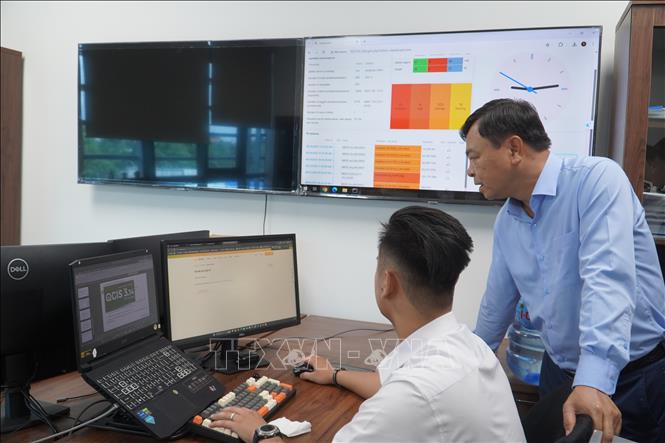
The Decree stipulates that data in State agencies must be shared with agencies, organizations and individuals in the following cases, unless the law stipulates that sharing is not allowed: Data arising from a State agency must be shared by that State agency; State agencies managing sectors and fields at the local level can share data from national databases, databases of ministries and sectors according to the scope of sectors and fields managed by that State agency; Shared databases of any level must be shared by units under that level in accordance with the assigned functions and tasks.
In addition to the above provisions, shared data and open data in State agencies must by default be shared with State agencies to serve State management activities under their authority upon request. In case of refusal to share data, a written response must be given stating the reasons and specifying the legal basis for restricting data sharing. In case of any problems, follow the procedures for handling problems regarding management, connection and sharing of digital data of State agencies.
Connection model for data sharing
Priority is given to the application of the connection model as prescribed in Clause 4, Article 42 of the Law on Electronic Transactions as follows: Connection and sharing through intermediary systems; Direct connection between information systems when the intermediary systems are not ready or the agency managing the intermediary system determines that the intermediary system does not meet the requirements for connection and data sharing.
Decree 194/2025/ND-CP clearly states: Determining that the intermediary system is not ready or does not meet the requirements for connection and data sharing must be expressed in writing by the intermediary system management agency upon request of agencies, organizations and individuals.
Intermediary system in connection for data sharing
One of the new points of Decree 194/2025/ND-CP is clearer regulations on the intermediary system in the connection to serve data sharing.
Accordingly, the intermediary system includes: National data integration and sharing platform. The data sharing and coordination platform of the National Data Center and the infrastructures connecting and sharing data at the ministerial and provincial levels are decentralized and connected according to the National Digital Architecture Framework to form an intermediary network serving the connection and sharing of data between information systems and databases, which is stipulated as follows: The national data integration and sharing platform serves the connection and sharing of data between information systems and national databases; between infrastructures connecting and sharing data at the ministerial and provincial levels; between information systems and important platforms in the development of e-government, digital government, digital economy and digital society. The data sharing and coordination platform of the National Data Center serves the connection, integration, sharing and coordination of data between the National Data Center and agencies, organizations and individuals. Infrastructure for connecting and sharing data at the ministerial and provincial levels serves to connect and share data between information systems and databases within the same ministerial and provincial agencies or within the same data center of a State agency. Infrastructure for connecting and sharing data at the ministerial and provincial levels connects to the National Data Integration and Sharing Platform to connect to the outside.
The role of the intermediary system includes: Data and transaction transfer between the data provider, data mining party or between parties participating in the transaction; Data integration, data processing; Data reconciliation in case the transaction needs reconciliation; Transaction statistics; Management and authentication of connecting agencies, organizations, and systems connected through the intermediary system; Other necessary roles serving the connection and data sharing of State agencies.
The Decree clearly states: The cost of establishing services, implementing data sharing between State agencies through the intermediary system, the cost of operating the intermediary system is guaranteed from the State budget and other legal sources of funding; the cost arising from establishing services, implementing and managing connections with organizations and individuals not belonging to State agencies is paid by those organizations and individuals.
Hire experts from the State budget to connect and share data
Regarding human resources serving connection and data sharing, according to the Decree, database owners and data exploitation agencies are allowed to hire experts from the State budget annually according to the provisions of law to carry out activities of establishing connections, processing, converting, integrating data and other activities related to connection and data sharing in case the on-site human resources cannot meet the requirements.
Funding, human resources, hiring of experts and payment levels for hiring experts shall comply with the provisions of law on management, connection and sharing of digital data of State agencies, electronic transactions of State agencies and relevant provisions of law.
No charge for data sharing between government agencies
Regarding data exploitation costs, the Decree clearly states: Except where otherwise provided by law, data sharing between State agencies is free of charge.
Organizations and individuals permitted by State agencies to exploit data are responsible for paying fees related to the exploitation and use of information and data according to the provisions of law on fees; connection costs, actual costs for the purpose of printing, copying, photographing, and sending information by electronic means.
Actual costs for printing, copying, photographing, and sending information by electronic means include expenses for processing, copying, converting, transmitting data via connection and sharing data on intermediary systems for organizations and individuals, which are implemented in accordance with regulations on information access costs.
Source: https://doanhnghiepvn.vn/chuyen-doi-so/ket-noi-chia-se-du-lieu-trong-giao-dich-dien-tu-cua-co-quan-nha-nuoc/20250705094613171



![[Photo] Chu Dau Ceramics – Proud of Vietnamese identity at Exhibition A80](https://vphoto.vietnam.vn/thumb/1200x675/vietnam/resource/IMAGE/2025/9/1/c62ab2fc69664657b3f03bea2c59c90e)
![[Photo] Solemn reception to celebrate the 80th anniversary of the National Day of the Socialist Republic of Vietnam](https://vphoto.vietnam.vn/thumb/1200x675/vietnam/resource/IMAGE/2025/9/1/e86d78396477453cbfab255db1e2bdb1)
![[Photo] People eagerly wait all night for the parade on the morning of September 2](https://vphoto.vietnam.vn/thumb/1200x675/vietnam/resource/IMAGE/2025/9/1/0cf8423e8a4e454094f0bace35c9a392)
![[Photo] Celebration of the 65th Anniversary of the Establishment of Diplomatic Relations between Vietnam and Cuba](https://vphoto.vietnam.vn/thumb/1200x675/vietnam/resource/IMAGE/2025/9/1/0ed159f3f19344e497ab652956b15cca)
![[Photo] National Assembly Chairman Tran Thanh Man receives Cambodian Senate President Hun Sen](https://vphoto.vietnam.vn/thumb/1200x675/vietnam/resource/IMAGE/2025/9/1/7a90c9b1c1484321bbb0fadceef6559b)
![[Photo] General Secretary receives heads of political party delegations from countries attending the 80th anniversary of our country's National Day](https://vphoto.vietnam.vn/thumb/1200x675/vietnam/resource/IMAGE/2025/9/1/ad0cb56026294afcae85480562c2e790)


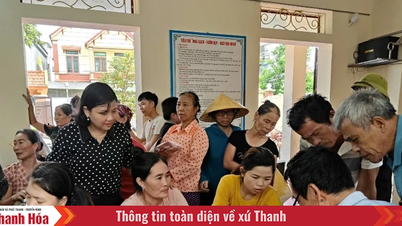


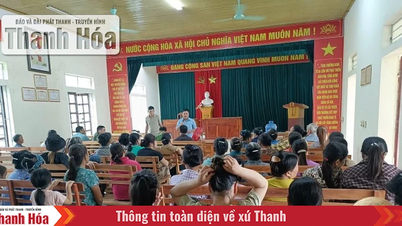


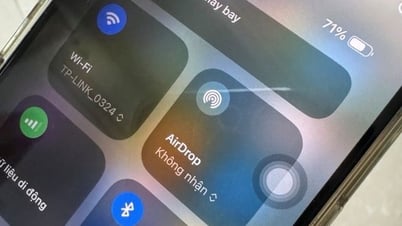
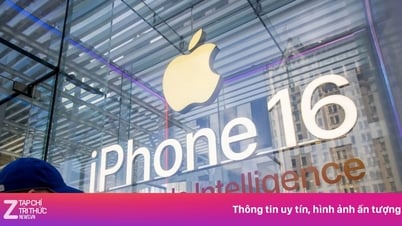











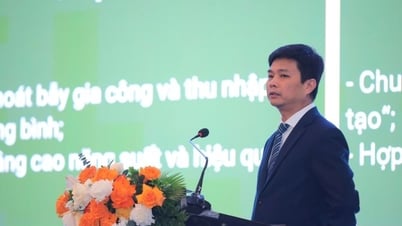
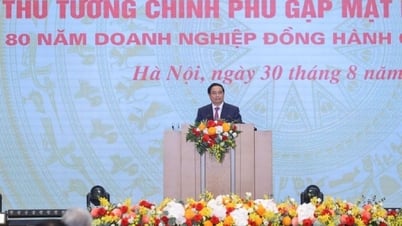

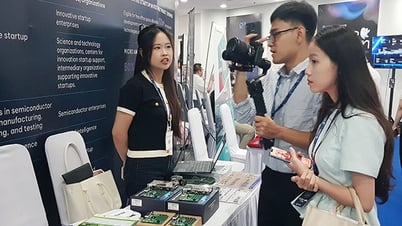
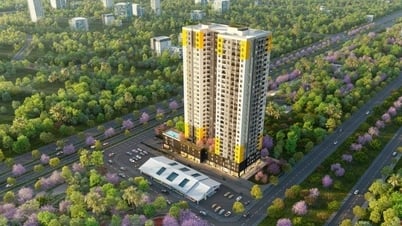
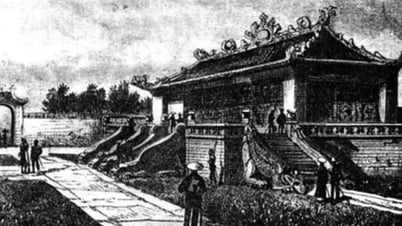

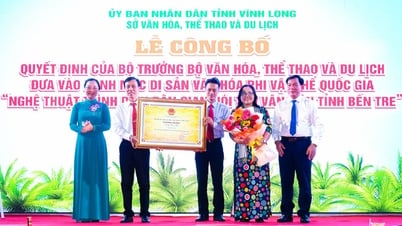









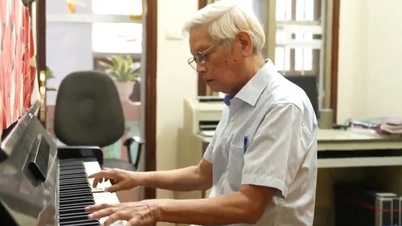
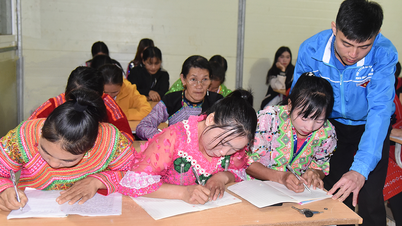
















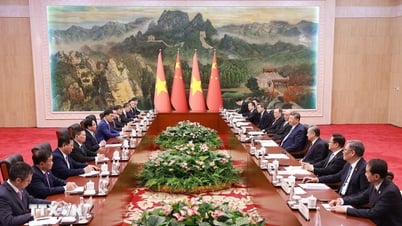

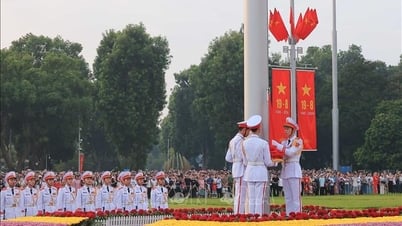





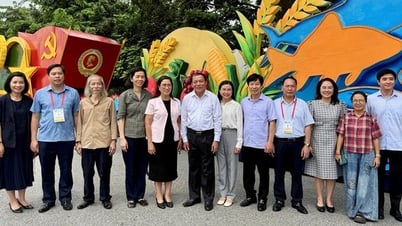














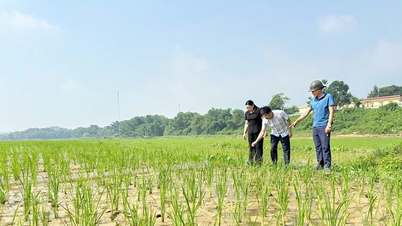














Comment (0)